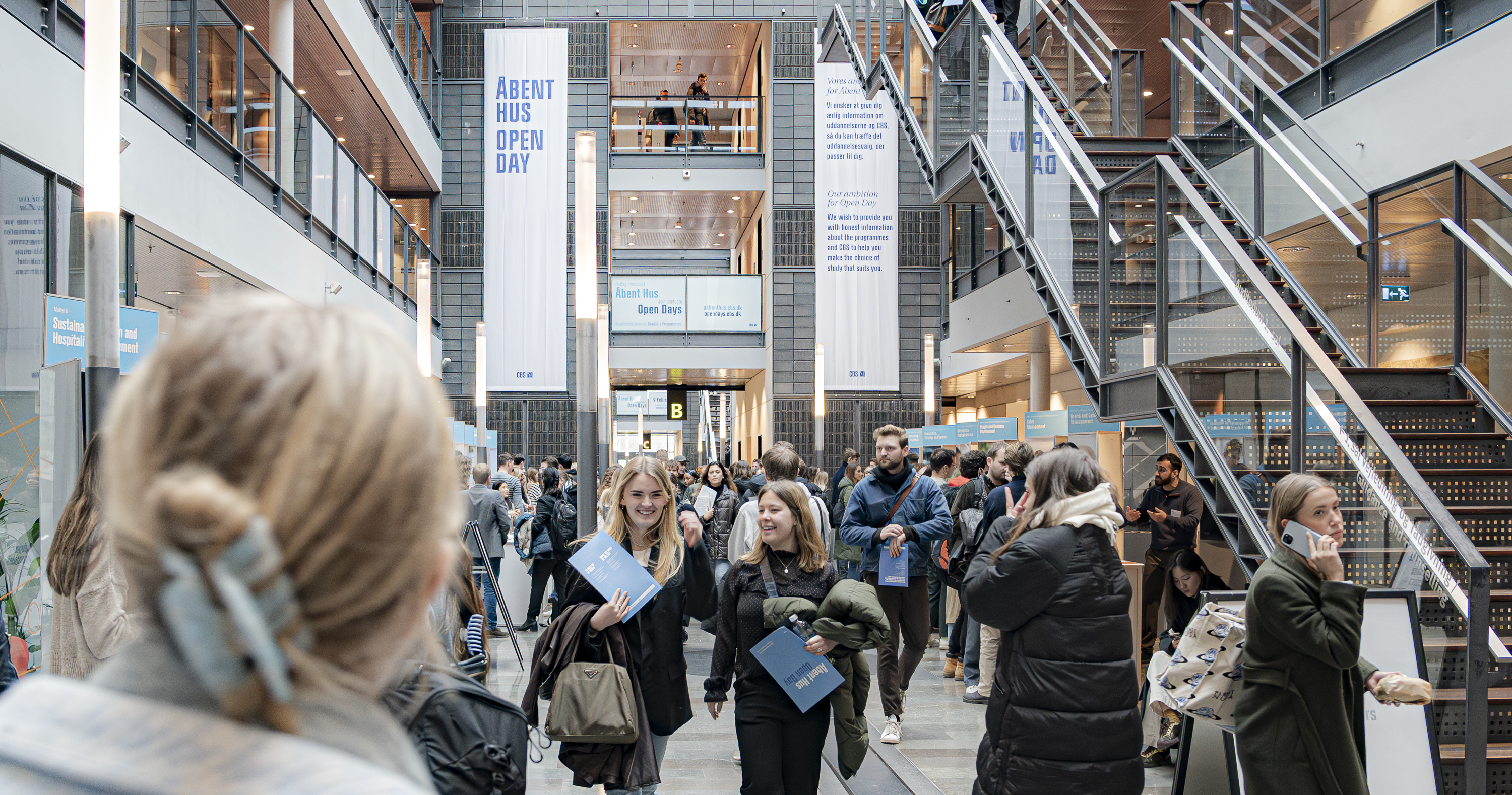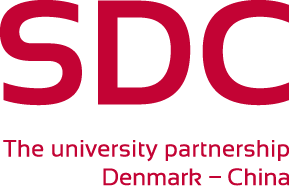About the programme
China and Europe are facing challenges of equal magnitude, although from opposite perspectives, in the task of securing quality of life for citizens, social mobility and cohesion, and economic competitiveness. In the broad areas of welfare policies and institutional development, very large changes are likely to happen in the course of just a few years.
The purpose of PMSD is to educate people who can take part in meeting such challenges and changes, with a particular focus on how China and Europe might learn from each other.
In order to understand the background of the current challenges like social mobility or changes in demography, students will be introduced to the emergence and development of Chinese and European societies, cultures, institutions and practices. Seeing the differences and similarities between the two regions will allow you a nuanced approach to meet the challenges.
The solution lies in social innovation that can improve current welfare models. You will investigate the strengths and weaknesses of different models, and find out how they work. And through the use of empirical analyses you will learn how future solutions can be created in cooperation between public and private sectors.
Public Management and Social Development is taught in Beijing
The programme is taught in China with both Chinese and European students and teachers. This means that you will be learning both inside and outside the classroom, and the line between study and leisure time is blurred. The experience builds competencies that you could never get from reading a book.
The programme is broad, but leaves room for specialisation within different sectors, public or private. The internship will be a good chance to pursue personal interests.

A double degree from CBS and University of Chinese Academy of Sciences
Public Management and Social Development is taught in Beijing as a collaboration between CBS and the Chinese university UCAS. You will therefore get a double degree from both a Danish and a Chinese University. The programme is offered by the Sino-Danish Center for Education and Research (SDC) in Beijing.
The programme is offered by the Sino-Danish Center for Education and Research
The programme is one of eight programmes under the Sino-Danish Center for Education and Research (SDC). Find more information about SDC and the other programmes under Sino-Danish Center for Education and Research (SDC)
Structure of the programme
PMSD is a 2-year programme with 8 mandatory courses over the first 2 semesters. In the 3rd semester there is an internship, where you get to use the acquired knowledge actively and gain valuable practical experience in a sector of interest. In the 4th semester you will write your master’s thesis to complete the programme.
The programme follows the Chinese calendar, which means that holidays differ from those in Europe. For example, there is no Christmas holiday, but a longer holiday in February in connection with the Chinese New Year.
Student life and career opportunities
Find more information about the programme, content, structure and career and watch videos with students at SDC's webpage - Public Management and Social Development
Open-minded
Potential students should have pioneering spirit. It is important that you are open-minded and ready to meet unfamiliar conditions head on. Many parts of daily life related to language and culture will be different from what you are used to.
Studying in China
Spending two years in China is in itself is a challenge. However, SDC are very experienced and available for assistance with practical issues. Also, there is both Danish and Chinese staff available on campus as well as 50 plus fellow master’s students.
When studying in a cross cultural class room you will experience challenges and learning situations, such as doing group work may take some effort. Every day will be a learning experience. But with curiosity and patience, you will have a very rewarding life experience.
Interest in social and environmental challenges
For the programme itself, it is important that students have an interest in subjects like social innovation, healthcare, social mobility, environmental challenges or energy challenges. You should be open to new and different perspectives on subjects.
Studying in English
If you do not have a bachelor’s degree taught in English, we recommend that you read more about what to consider before applying for an English taught programme.
Read more about Teaching and literature in English on Teaching and working methods.
Small programme and close interactions
The programme is small with about 30 students, which means that there is a close student-student and student-teacher interaction. You will be part of a tightly knit group of people in a highly international and diverse environment.
Half the students will be from Denmark/Europe, the other half Chinese. Teachers will likewise be European and Chinese. There will no doubt be a wide variety of academic backgrounds represented which will provide very different perspectives on the topics covered.
Even before the programme starts students will be brought together to inform, prepare and help them with all the practicalities of moving their life to China for 2 years.
The programme is carried out at Sino-Danish Center for Education and Research (SDC) , which is located at the Yanqihu campus north of Beijing.
Community and network
As part of the preparation process before leaving for China, students from the Danish universities are invited to a preparatory seminar and will have a Facebook group where they can connect with each other.
In China you will have the opportunity to socialise with your fellow SDC students from all of the programmes. and outside of SDC you have ample opportunity to take part in networking activities through the Royal Danish Embassy in Beijing, the Danish Chamber of Commerce in China and through your third semester internship.
Teaching
Students will have only one course at a time for a period of three to four weeks, followed by an exam. This makes it a very intense learning experience with complete focus on each subject, one at a time.
Classes are small and there will be close student-teacher interaction. Students will be expected to take active part. As the lecturers are both Chinese and Danish/European, the teaching styles may differ from what you are used to because of the difference in education culture.
Emphasis is on cooperation and interaction between students, learning from each other and combining knowledge and skills. As such, the learning output will come from both interaction in class and through group work, but also from social interaction between students and cultures outside the classroom.
Exams
Each course is concluded with an examination. Exam types differ, but include take-home assignments, group projects and oral presentations.
Time consumption
PMSD is more than a programme. It is two full years of academic and intercultural learning inside and outside the class room.
You are required to take basic courses in language and culture.
The programme follows the Chinese academic calendar.
Student job
You should not expect to be able to find a study job in Beijing. The programme is demanding, and issues like work permits and Chinese wages are not easily solved. However, you will have an internship in your third semester where you will gain work experience in a relevant sector.
What gets you the job?
The programme gives you a sound understanding of how welfare models of China and Europe have been constructed in the past, and how innovation can help develop new models to face the new societal challenges.
Aside from this more technical and political insight, you will also gain an understanding of Chinese culture and society that goes very deep.
This unique combination of skill and insight will be your key selling point when approaching future public or private employers who are interested in doing business in or with China.
Students who enter the programme come from a great variety of academic backgrounds, and this will also reflect on the competencies they get from participating.
Career opportunities
Graduates have in-depth knowledge of China and the EU from both an academic, a cultural and a personal point of view. They are able to identify problems in this cross-field and, using social science methods combined with analysis and information retrieval tools, they can create innovative solutions.
In addition to this, graduates have hands-on experience with Chinese language and culture, and with intercultural cooperation.
You will be qualified to work with:
- project management
- strategic, operational and policy development
- public organisations, NGOs and private companies concerned with welfare reforms, social development and national business system issues.
The global perspective of PMSD opens up a wide range of possibilities, and the immersion in Chinese society enables you to assist the many companies that currently flow into China.
Competence profile
In the competence profile you can find more information about the various competences you achieve on the programme:
Academic profile for PMSD
Course overview
| 1st semester |
2nd semester |
3rd semester |
4th semester |
|
Comparing Societies and Economic Systems (7.5 ECTS)
|
Comparing Social Policies: Welfare States in Theory and Practice (7,5 ECTS) |
Internship or Research Based Problem (30 ECTS)
|
Master's thesis (30 ECTS)
|
| Research Methods (7.5 ECTS) |
| Business and Global Governance (7,5 ECTS) |
| Science and Innovation Policy (7.5 ECTS) |
Social Innovation and Entrepreneurship (7.5 ECTS) |
| Organisation and Management (7.5 ECTS) |
Comparative Policy Processes (7.5 ECTS) |
Find more information about the courses at SDC's webpage - Public Management and Social Development


